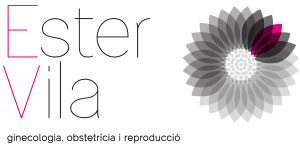
Triple Screening
It is a screening test that is performed in the pregnant to detect fetal genetic disorders. It is a non-invasive test, it is a routine intervention which consists of a simple blood test without risk for the mother or the fetus.
It is not conclusive proof. In the test is measured the risk that the fetus may have certain chromosomal abnormalities such as trisomy 21 (Down syndrome) is measured, trisomy 18 (Edwards syndrome) and neural tube defects.
Triple screening in the first trimester of pregnancy
The triple screening the first quarter is done between weeks 10 and 13 of gestation, being between weeks 11 and 12 when yields a more reliable result with a diagnostic sensitivity of between 86 and 90 percent and 5 percent false positives.
It consists of an evaluation of the risk of chromosomal abnormality that is obtained by combining three biochemical markers in the blood of the mother.
These biochemical values are crossed with the data from the measurement of nuchal translucency (nuchal translucency) determined by ultrasound fetal and weighted according to characteristic data of the mother. With a control algorithm are measured the possibilities that the fetus has an abnormality.
The primary purpose of screening are women with a low risk of carrying a fetus with chromosomal affections, however, it does not exclude those with high risk factors such as women who:
- Are over 35 years old
- Have a history of previous pregnancy with chromosomal abnormality
- Have a history of Down syndrome in the family
- That one parent is a carrier of a chromosome abnormality
- Have had repeated abortions, stillbirths or congenital malformations without causes established
- Have been exposed to high levels of ionizing radiation
